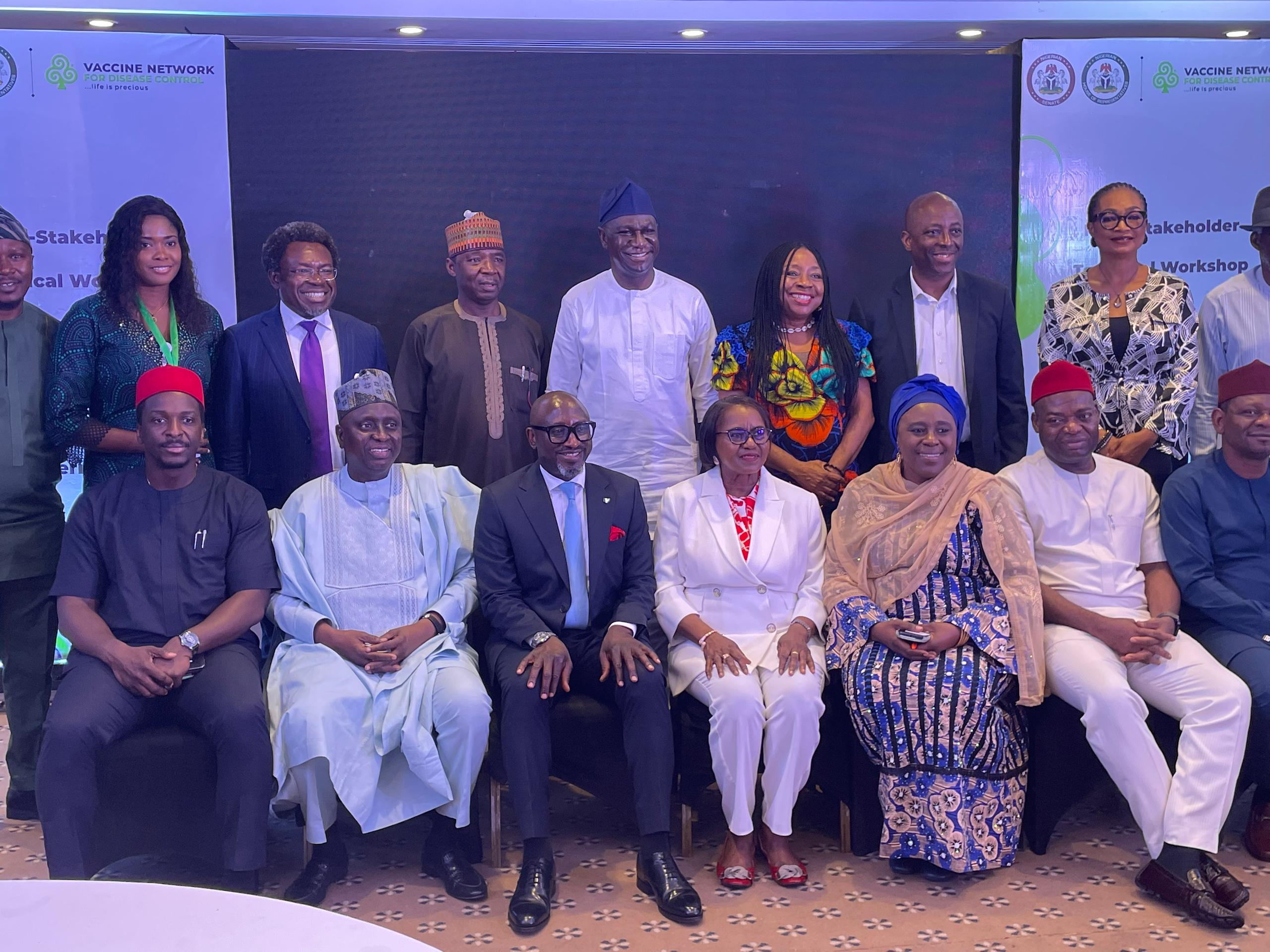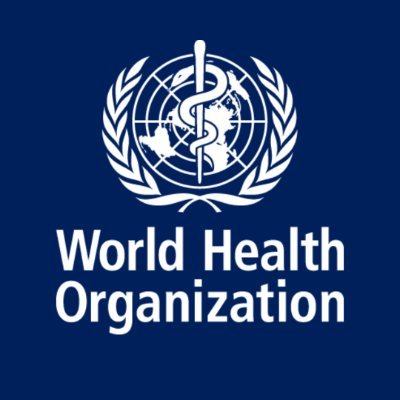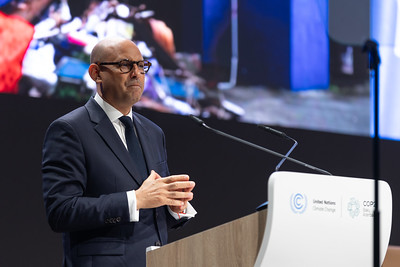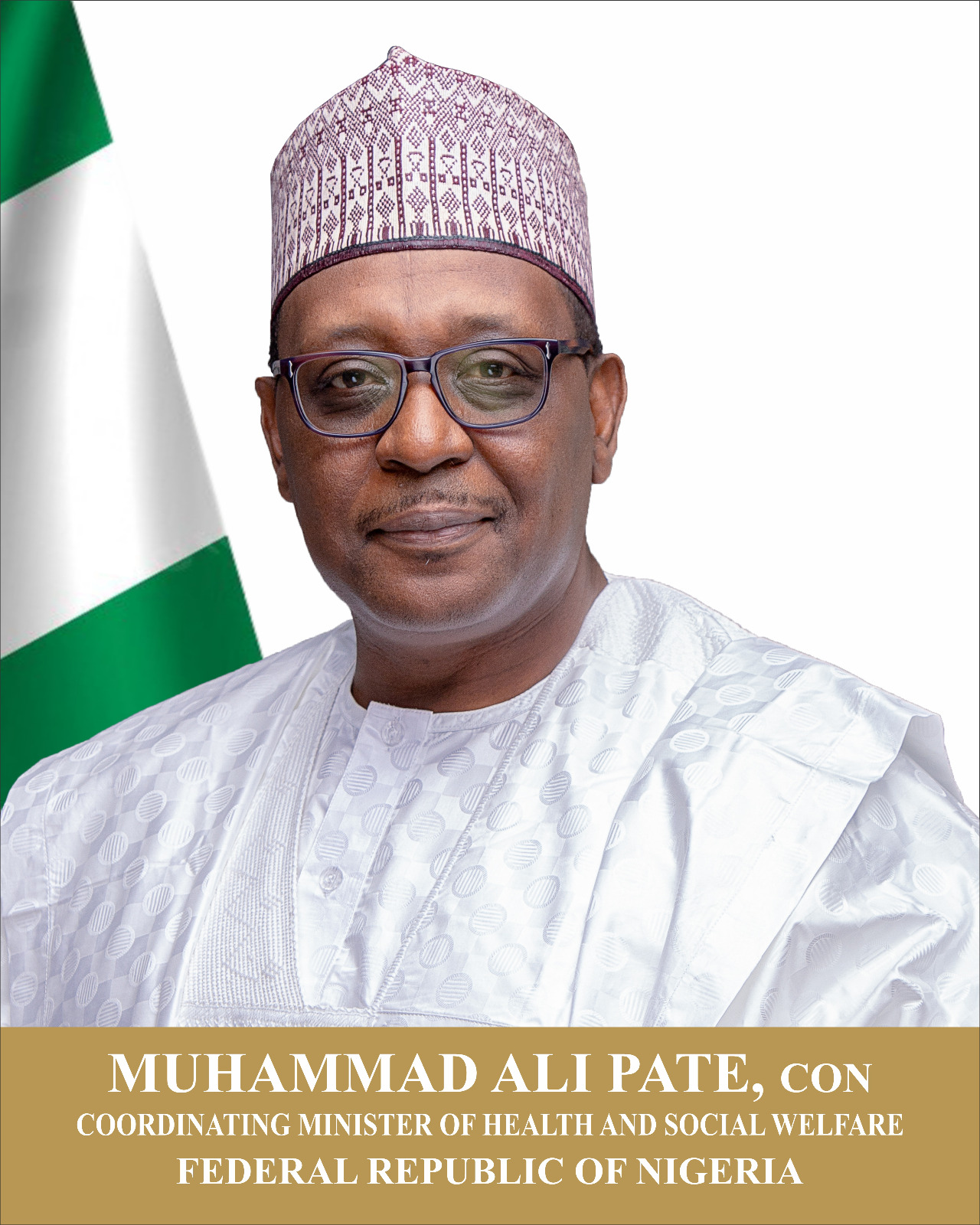
By Fatima Saka
In the face of alarming statistics revealing that nearly three million Nigerian children remain unvaccinated, government officials, lawmakers, health agencies, and civil society organizations have issued a powerful and united call for the immediate release of vaccine funds and the establishment of a sustainable immunization financing model to save lives and protect the future of Nigeria’s children.
The call was made on Tuesday in Abuja at the Multi-Stakeholder Technical Workshop on the Optimization of a Sustainable Immunization Financing Model in Nigeria, organized by the Vaccine Network for Disease Control in collaboration with the National Assembly.

The event brought together policymakers, donors, and public health stakeholders to confront what has become a national health emergency.
Nigeria currently ranks among the countries with the highest burden of unvaccinated children globally, with preventable diseases such as polio, measles, diphtheria, and yellow fever re-emerging in several parts of the country. The situation is compounded by delays in the release of already approved vaccine funds, inefficient use of resources, and Nigeria’s historic over-reliance on donor support, particularly from Gavi, the Vaccine Alliance, and USAID, both of which are now reducing their commitments.
Senator Dr. Ipalibo Harry Banigo, Chair of the Senate Committee on Health, expressed outrage at the current statistics:
“It is totally unacceptable that we are one of the countries with the highest burden of unvaccinated children. Our children are our future. We must end this disaster.
“I believe this conversation is both apt and timely. Nigeria remains one of the countries with the highest number of unvaccinated children in the world, a situation that is nothing short of a national disaster. It is unacceptable that, while we claim our children are our future, we continue to allow them to remain vulnerable to preventable diseases.
“I’m truly glad we are gathered here today, and I want to use this opportunity to thank every one of you. As a multi-stakeholder technical workshop, we have a unique chance to work collaboratively and decisively to change this troubling narrative.
“Now more than ever, we must act. We’re seeing new outbreaks of polio,an illness we once believed was under control, resurfacing even in southern parts of the country. This is deeply concerning and should not be happening in this day and age.
“We must ask ourselves: why are we allowing our children to suffer from diseases that are entirely preventable? The time has come to align our efforts, legislative, technical, and community-based and take collective responsibility to ensure no child is left behind. Together, we can and must rewrite the story of immunization in Nigeria,” she said.
On Executive and Legislative Voices Aligned, Hon. Amos Magaji Gwamna, Chairman of the House Committee on Healthcare Services, emphasized that Section 5(i)(i) of the National Health Act mandates immunization for children under five and pregnant women, making the delayed fund releases not only irresponsible but illegal.
“We must stop treating immunization like a donor-driven charity. It is a right. It is a duty. The National Assembly is ready to legislate and lead this transformation.
“We have representatives from primary healthcare, the House of Representatives, the Senate, and the Federal Ministry of Health all at the table. The aim is to hold in-depth discussions on immunization, child health, and the adequate allocation and timely release of resources. These conversations are centered on collaboration and practical strategies to improve outcomes, especially when it comes to the release and tracking of vaccine funding.
“we have representatives from the Association of Local Governments of Nigeria (ALGON) here because when we talk about Universal Health Coverage (UHC), we cannot exclude the local government level. Vaccine implementation and UHC efforts ultimately trickle down to the grassroots, which is why their involvement is crucial.
“The Budget Office and the Ministry of Finance are also represented here. Once resources are budgeted and allocated, it is essential that they are released in a timely manner to serve their intended purpose. This is why we are calling on all those responsible for the timely disbursement of immunization funds to act with urgency.
“Delays in funding release directly affect immunization efforts. Diseases and illnesses we seek to prevent will not wait for bureaucratic processes. So we must not delay either.
“Beyond funding release, there is also the need for effective tracking ensuring vaccines actually reach the communities they are meant for. That’s why today’s gathering includes the National Primary Health Care Development Agency, ALGON, the Ministry of Health, donor agencies, and civil society organizations.
“Our collective responsibility is to ensure that: Funds are adequately budgeted, Funds are promptly released, Funds are properly utilized, And most importantly, vaccines reach every child, especially those between the ages of 0 to 5, across every corner of the country”, he highlighted.
Lawmakers disclosed plans to introduce a bill to amend the National Health Act to make immunization a protected budget line, insulating it from delays and arbitrary reallocation. The bill will soon undergo its first reading and public hearing, with stakeholders urged to rally support.
Speaking on the Budget Office Acknowledges Delays, Representing the Budget Office, Dr. Ado Muhammad, Senior Special Adviser to the Director General, acknowledged that while over ₦229 billion was allocated for immunization in the 2025 budget, representing a 400% increase over five years, vaccine release delays and wastage rates of up to 40% remain a major concern.
“We see immunization as an investment, not just a line item. But we’re concerned about system inefficiencies. That’s why we are developing a vaccine tracking mechanism to ensure transparency and value for money,” he said.
He added that although 2024 vaccine funds were approved, the extension of the 2024 budget to December 2025 has contributed to delayed releases, which he promised would be resolved.
Transparency, Accountability, and Political Will: The Missing Links, Dr. Salma Ibrahim Anas, Special Adviser to the President on Health, said the health system can no longer afford business-as-usual:
“We must track the vaccines up to the baby’s mouth. That’s the only way to guarantee delivery and close the transparency gap,” she emphasized.
She also called on legislators to lead community-level advocacy and oversight, urging that their performance be measured in terms of how many children in their constituencies are vaccinated.
“In the 1990s, we achieved 90% coverage with limited donor support. What changed? We became donor-reliant and lost ownership. We must return to self-reliance,” she said.
Dr. Anas urged that transparency be enforced at both national and sub-national levels, and challenged every stakeholder to close leakages, ensure accountability, and use limited resources judiciously.
Federal Ministry of Health Backs Legislative Initiative, Dr. Godwin Ntadom, Director of Public Health at the Federal Ministry of Health and Social Welfare, representing Minister Prof. Muhammad Ali Pate, commended the National Assembly’s leadership and emphasized vaccines as a cornerstone of the government’s health reform agenda:
“The Health Sector Strategy Blueprint (2024–2027) prioritizes preventive care and aims to integrate immunization into national health security and universal coverage goals,” he said.
He noted that despite limited local vaccine production, efforts are underway to enhance domestic capacity and reduce import dependency.
In a Grim Financial Landscape, Dr. Muyi Aina, Executive Director of the National Primary Health Care Development Agency (NPHCDA), highlighted the tremendous burden Nigeria faces in sustaining its immunization program.
“Over the next five years, Nigeria will need $1 billion just to procure vaccines. That doesn’t include delivery costs. This is due to our growing population and rising vaccine costs,” he said.
While acknowledging current funding challenges, Dr. Aina insisted that past investments had yielded significant results. In 2024 alone:
3 million zero-dose children were reached with Penta and other vaccines.
14 million girls were vaccinated with the HPV vaccine, offering lifetime protection against cervical cancer.
25.9 million Nigerians were immunized against measles.
91 million vaccine doses were administered for yellow fever, diphtheria, and measles.
85 million adults aged 9 to 44 were vaccinated against yellow fever.
Meningitis (4 million), cholera (3.4 million), monkeypox (4,300 high-risk people) also saw vaccination drives.
Over 10,000 cold-chain units were activated in health facilities.
The Last Mile Delivery system was launched to ensure vaccine availability even in remote areas.
“We’re not where we want to be, but we’re not where we used to be. Progress has been made, but we need sustainable financing to keep going,” Dr. Aina stressed.
“Vaccines save lives. Delays kill. Let us ensure that every Nigerian child, no matter where they are, receives the vaccines they need on time, every time,” He added.
The workshop exposed the dangerous disconnect between policy, budget, and execution. Despite increased funding on paper, Nigeria’s immunization program remains critically under-implemented, especially at the last mile. With donor support fading, Nigeria must now take full ownership of its vaccine ecosystem.
The pathway forward is clear:
Legal reform to ring-fence vaccine budgets.
READ ALSO: New APC Women Support Group Appoints Hon. Regina Akume as Grand Matron
FG, UNODC Partner to Tackle Terror, Criminal Financing in Mineral Sector
Immediate fund disbursement and vaccine stock monitoring.
Community-level oversight by legislators and CSOs.
Integration into health insurance and development plans.
Innovative domestic financing, including sin taxes and trust funds.
As vaccine stock outs persist, and preventable diseases re-emerge, stakeholders agree: Nigeria is out of time. The lives of millions of children depend on whether the country can rise above bureaucracy and politics to prioritize health security.





